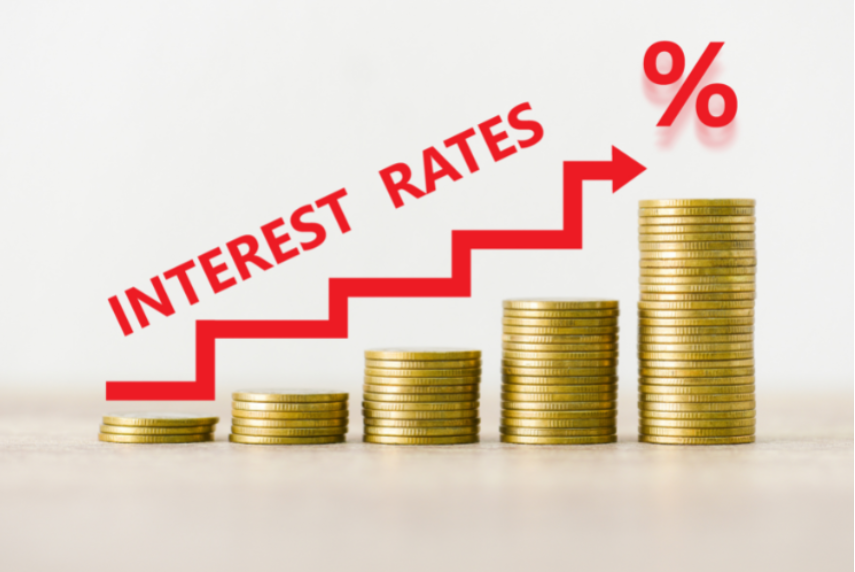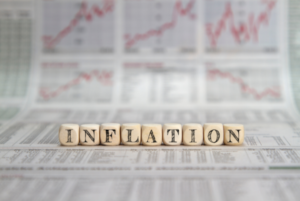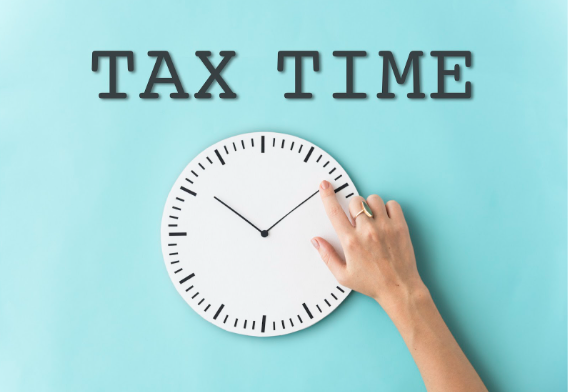
What Do Rising Interest Rates Mean for Canadians’ Debt and Spending?
The Bank of Canada (BoC) is raising interest rates. What does it mean? Your wallet may be impacted in a variety of ways by these hiking interest rates.
Fortunately, not all types of debt are affected by interest rate increases, which can send consumers into a tailspin. You can better manage your finances and debt by being aware of how interest rate increases may impact your regular monthly payments and daily spending. We’ll discuss the effects of rising interest rates on debt and spending.
How Much is the Increase in Interest?
The Canadian central bank raised the benchmark interest rate by one full percentage point to 2.5 percent, in July 2022. This is the bank’s greatest one-time rate increase since 1998. All other lenders use this benchmark rate as their control point.
Note that the prime rate is not guaranteed. It serves as a guide for what banks will offer a customer who submits a suitable application, such as one that has a favourable debt-to-income ratio and a high credit score.
What is Causing Interest Rates to Rise?

Mainly as a result of inflation. As prices rise, it becomes more difficult for both you and businesses to control spending, which could lead to more price increases. And the economy may also suffer as a result of this.
The BoC can intervene to control prices and slow inflation; one of its instruments is to raise interest rates. When interest rates rise, fewer individuals and companies borrow money, which results in less demand for goods and services and lower prices for those goods and services.
The BoC is actively boosting interest rates as a result of the current rapid increase in inflation. They also said there will probably be further hikes, much like the rest of the world.
Even though it might not seem like much, that shift could have a significant influence on your finances, including your debt and spending.
Watch Out for Credit Card Debt and Variable Interest Rates
You will be charged either a fixed or variable interest rate on any debt you have. Fixed interest rates are constant for the course of the loan. When the BoC hikes rates, variable interest rates often fluctuate as well. You also pay extra to borrow that money when the interest rates on your debt. Variable-rate loans include:
- Credit cards
- HELOC
- Mortgages with adjustable rates
- Other loans
Take a look at the debt you have. You may want to think about switching any variable interest loans or credit cards to fixed interest loans. To accomplish this, you might contact the issuer and ask if you can switch to a fixed interest rate, lest rates rise once more. Alternatively, you might think about looking around for loans and credit cards with fixed or reduced interest rates.
What About Loans with Fixed Terms, Like Car Loans?
Term loans have predefined lending terms, such as your interest rate. Therefore, even when interest rates climb, your rate and the monthly payment will not alter if you take out a six-year auto loan to buy a car. But, if you refinance after acquiring a new automobile or signing a new lease, you will be making your purchase during a time when interest rates are higher.
How Are My Student Loans Affected by Rate Increases?
Once more, this is based on whether your student loan has a fixed or variable interest rate. You won’t notice an instant rise in your payment or interest costs if your student loan is at a fixed rate, whether it is private or government guaranteed. The minimum payment and interest rate on a variable-rate loan will both increase.
Will the Interest on My Credit Card Go Up?
Most people have a fixed-rate, high-interest credit card, typically with a rate between 19 and 22 percent. When interest rates climb, rates on these cards normally don’t alter. Likewise, they do not decrease when interest rates are low. However, with a variable-rate credit card, your rate will go up. No matter what the interest rate changes too. Paying off the entire balance on your credit card each month is the easiest way to prevent interest charges.
Mortgage

Long-term fixed mortgage rates grow in tandem with rate increases. This is because they are affected by both inflation and the economy. Additionally, prime rates might reach 4.7% if the Bank of Canada keeps raising interest rates. This figure is probably going to increase, which might make fixed-rate mortgages a poor option for homeowners.
Regardless of the situation in the economy, you still want to receive the most value for your money when applying for a mortgage or refinancing. A variable rate loan may be useful in this situation. Although not as significantly, borrowers who have variable-rate mortgages or HELOCs, which are frequently linked to the prime rate, will also be impacted.
What steps should you take if interest rates increase?
Make a plan to pay off your debts right away before the cost of borrowing outweighs your ability to pay. Your objective should be to minimize your debt and have a plan for transferring debt to lower-interest loans.
You can take the following actions to reduce the effects of rising rates on your monthly spending:
- List your debts, including the amount you owe, the loan’s type, current interest rate, and the total amount (variable, fixed, credit card, mortgage, )
- Pay off debt with a high-interest rate first. If you are paying 25 percent interest on your credit card bills, it still makes sense to pay those off first, even if your line of credit’s interest rate rises from, say, 2.45 percent to 2.70 percent.
- To provide yourself with some financial security, consider converting from a variable-rate mortgage or loan to one that has a locked-in fixed rate.
- To speed up payments and pay off your mortgage sooner, think about decreasing the amortization time or changing from monthly to bi-weekly or weekly payments.
- Consult a debt expert if you have more debt than you can manage, especially unsecured debt like credit card debt, payday loans, or student loans.
Final Thoughts
If you’re overwhelmed by your monthly interest payments and would like some suggestions on how to lighten this burden, seek the help of a financial counsellor. With a personalized solution for your present circumstances, EmpireOne Credit’s debt experts can assist you in getting rid of your debts and regaining financial freedom. Consultation is free!





